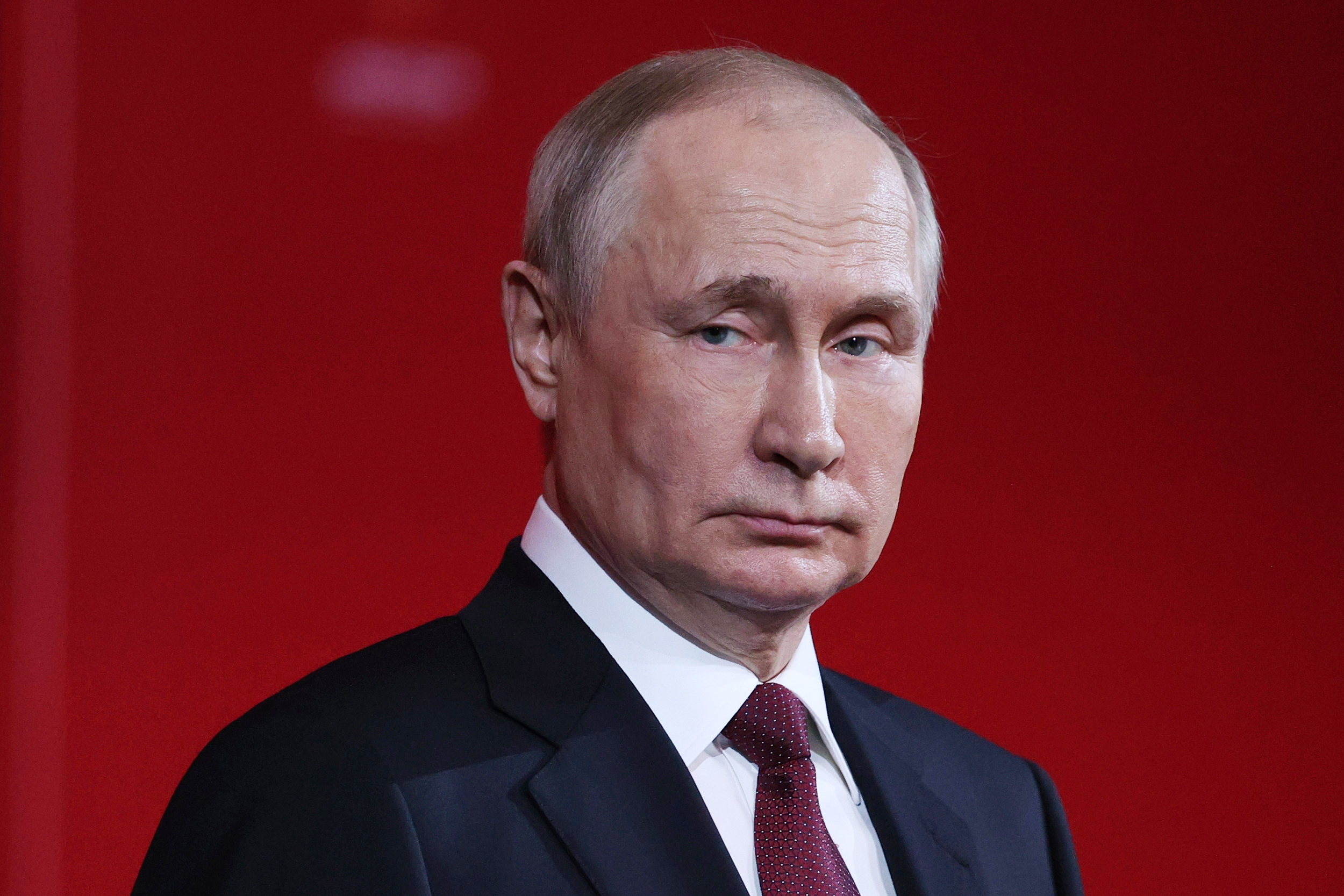In a surprising turn of events, Argentina’s President-elect Javier Milei has confirmed to shut down the country’s central bank. On Friday, Milei announced this decision, emphasizing it as a “non-negotiable matter” and a key aspect of his campaign promises.
The Role of the Central Bank
The central bank plays a crucial role in any country’s economy. It is responsible for implementing monetary policy, controlling inflation, and ensuring the financial stability of the country. The decision to close such an institution is not one to be taken lightly, and it certainly raises many questions about the future of Argentina’s economy.
Milei’s Vision
Milei’s decision is a clear indication of his desire to take Argentina’s economy in a new direction. While the specifics of his economic plan are yet to be revealed, the closure of the central bank suggests a move towards a more laissez-faire approach to economic management.
Potential Implications
The closure of the central bank could have far-reaching implications for Argentina’s economy. On one hand, it could lead to increased economic freedom and reduced government intervention. On the other hand, it could also lead to increased economic instability, as the country would lose a key tool for managing inflation.
Looking Ahead
As Argentina prepares for this significant change, the world will be watching closely. The success or failure of Milei’s economic experiment could have implications not just for Argentina, but for economic policy debates worldwide.




